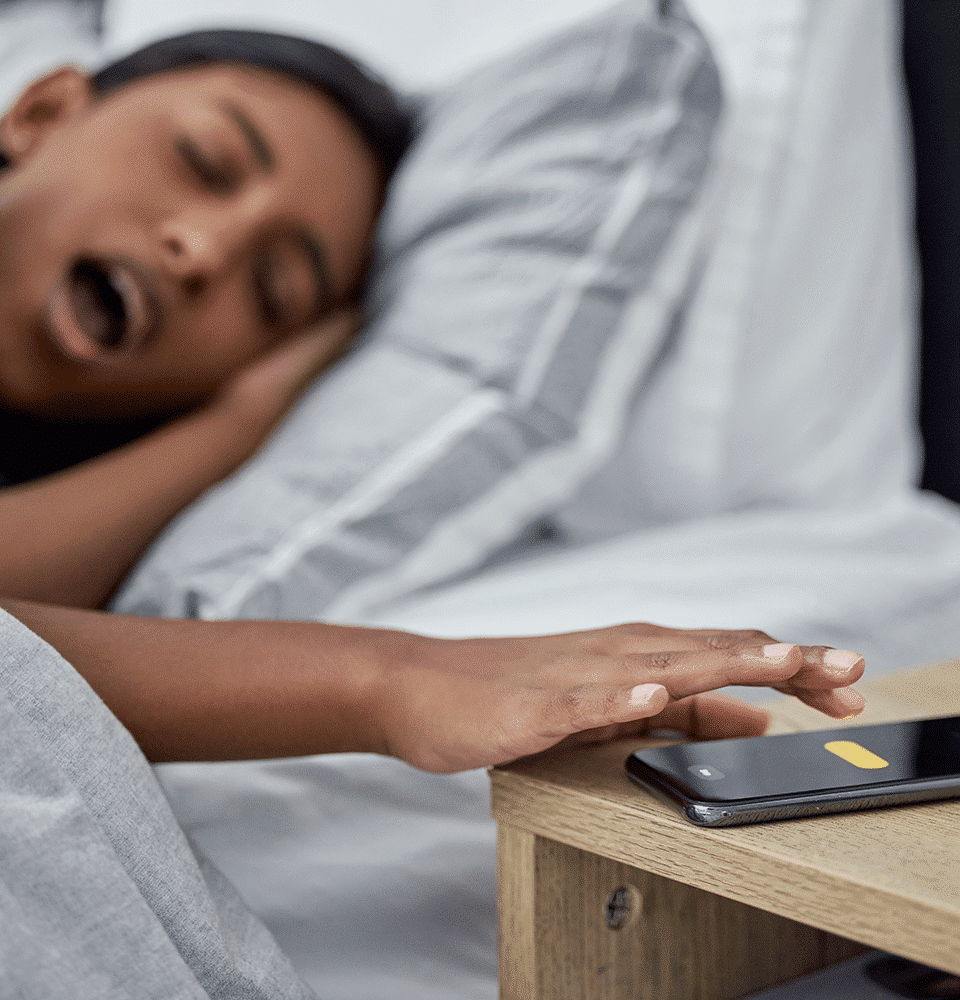7 Startling Sleep Myths Threatening Your Sleep Quality
Getting enough quality sleep is crucial for both physical and mental health. However, there are many persistent myths and misconceptions about sleep that lead people to develop unhealthy sleep habits.
In this article, we will debunk seven common sleep myths disturbing your sleep quality and provide evidence-based facts.
1. You Need 8 Hours of Sleep Every Night
The Claim: Everyone needs 8 hours of sleep per night.
The Truth: The amount of sleep a person needs varies between individuals. Most healthy adults require 7-9 hours per night. Some function well on 6 hours and others need 9-10 hours to feel rested. The key is getting the amount that allows you to wake up feeling refreshed. Don’t obsess over getting a magic number of hours.
2. Snoring is Harmless
The Claim: Snoring is annoying but harmless.
The Truth: Loud, frequent snoring can be a sign of sleep apnea, a serious sleep disorder where breathing is impaired many times throughout the night. Sleep apnea increases the risk of high blood pressure, heart disease, and stroke. See a doctor if your snoring is loud and chronic.
3. Alcohol Helps You Sleep Better
The Claim: Drinking alcohol before bed helps you fall asleep faster and sleep more soundly.
The Truth: While alcohol may help you fall asleep faster, it reduces sleep quality. Alcohol consumption before bed is linked to more frequent awakenings and less restorative REM sleep. You’re more likely to sleep poorly and wake up more often when drinking before bed.
4. Watching TV Helps You Fall Asleep
The Claim: Watching television in bed relaxes your mind and prepares you for sleep.
The Truth: The light from screens can hinder your body’s production of melatonin, the hormone that regulates your sleep-wake cycle. Activities like watching TV can make it harder to fall asleep. Turn off all screens 30-60 minutes before bed for better sleep quality.
5. Napping is Always Good
The Claim: Taking naps during the day is beneficial for energy and health.
The Truth: Napping can be great for some people, but ill-timed or lengthy naps can negatively affect sleep. Limit naps to 20-30 minutes before 3 PM. Late or long naps can make it tougher to fall asleep at night.
6. Hitting Snooze Helps You Get More Rest
The Claim: Hitting the snooze button lets you get a little more shut-eye in the morning.
The Truth: Hitting snooze repeatedly interrupts natural sleep cycles, leading to poorer quality rest. You’re better off waking up at the first alarm and getting up to start your day. Rise immediately if you want to feel more alert and energized.
7. Waking up in the Night Means Something’s Wrong
The Claim: Waking up during the night indicates you have a sleep disorder or problem.
The Truth: It’s normal to briefly wake up a few times per night without remembering. Unless waking lasts more than 20 minutes or happens frequently, there’s no cause for concern. Some causes could be noise, light, or a partner’s movements. If you wake up and have trouble falling back asleep, it could mean you’re sleeping too deeply and getting too much REM sleep. Try limiting disturbances and don’t stress about waking up.
Understanding the truth behind common sleep myths can prevent you from developing unrealistic expectations and unhealthy sleep habits. Focus on maintaining a consistent bedtime routine, winding down from screens before bed, limiting caffeine and daytime naps, and finding your ideal sleep duration.
Pay attention to how you feel upon waking rather than obsessing over getting a magic number of hours. With a few simple tweaks, you can enjoy better sleep quality and more restorative slumber.









